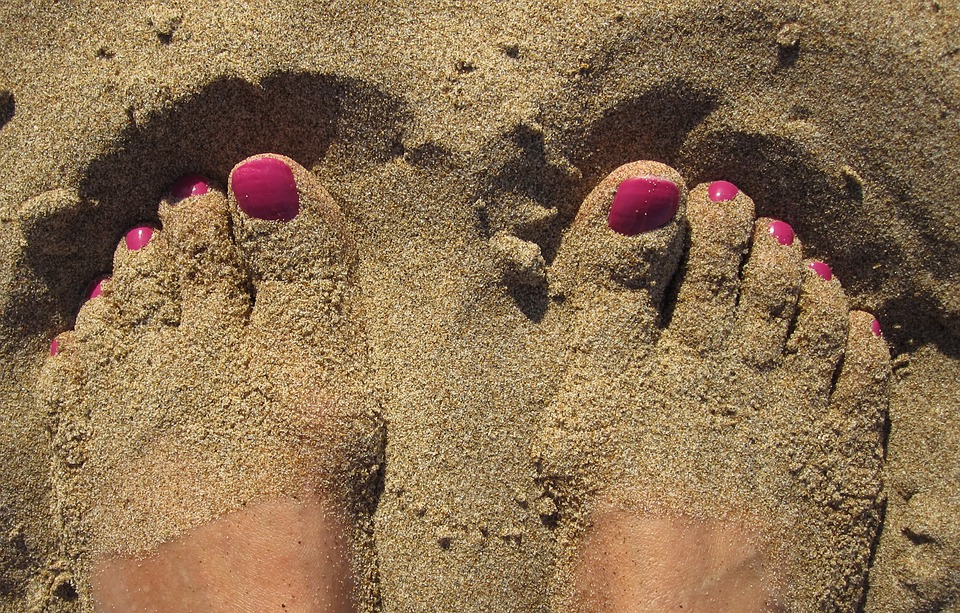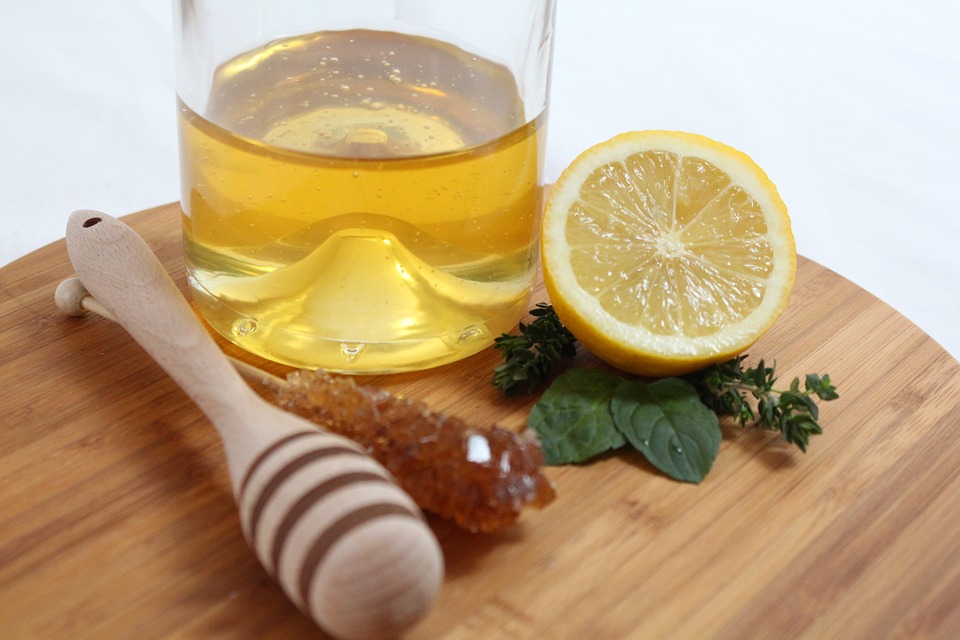We don’t often reflect on how important the foundation of our body – our feet – really is to our overall whole health. In the decades I have been practicing structural body care, one of the most common complaints that our patients report is the pain they suffer after walking and standing for any length of time. This is most commonly associated with wearing flat shoes.
Unfortunately, foot pain is becoming extremely common, with now about one in every two individuals experiencing some foot pain with prolonged standing or with activity. In order to take the steps to eliminate foot pain, we need to understand why feet can become sore and tender from standing and walking.
Feet are the weight bearing “shock absorbers” of our bodies. They do an extraordinary job keeping our body weight balanced and well distributed. This is one of the functions of our feet that allow us to walk, run and function at high levels of agility and coordination.
The bio-mechanics of our feet include muscles running along the outside and inside of our legs. These muscles and tendons also insert into our feet and have an impact on the integrity of our individual foot function. These same muscles are also, through the spinal cord, connected to various organs in our body.
The expression “feeling weak in the knees” comes from how stress is communicated through the body via nerves, organs and muscle function. The way stress regulation works in the body is through the adrenal glands. These are glands embedded in the kidneys. The same muscles that impact foot function are also connected to the adrenal glands through the spinal cord.
To see an example of this, the gait or foot health of a highly stressed person will most likely demonstrate that their shoes are either turning up, turning down or are considerably worn out.
At much earlier ages individuals are experiencing high levels of stress these days. This can impact the function of the legs muscles and consequently the foot function. This can lead to foot pronation, pain, corns, bunions and other foot malfunctions. Walking in shoes that do not support our foot function is in the long run harmful to our foot and overall holistic health.
By using custom made foot orthotics that are worn in supportive shoes is the easiest and least expensive approach to solving foot issues before they become a complicated and painful concern. You can see your chiropractor or podiatrist who can prescribe if necessary customized orthotics.
For more whole health discussions like this, listen to my hit radio show Living Above The Drama.


 Truly one of the most amazing examples of inter-cooperative, biochemical engineering imaginable! The immune system – our own personal National Guard and Marine Corps, rolled into one. It is always vigilant – 24/7 to keep us from harm and invasion by foreign enemies – microbes that want to grow and flourish in our internal environment.
Truly one of the most amazing examples of inter-cooperative, biochemical engineering imaginable! The immune system – our own personal National Guard and Marine Corps, rolled into one. It is always vigilant – 24/7 to keep us from harm and invasion by foreign enemies – microbes that want to grow and flourish in our internal environment.


 In our consumer-driven environment, we are invited daily to buy, buy, buy and can find ourselves living with closets, attics and basements overflowing with “stuff.” Much of this stuff we do not even use and may not even remember we have.
In our consumer-driven environment, we are invited daily to buy, buy, buy and can find ourselves living with closets, attics and basements overflowing with “stuff.” Much of this stuff we do not even use and may not even remember we have.